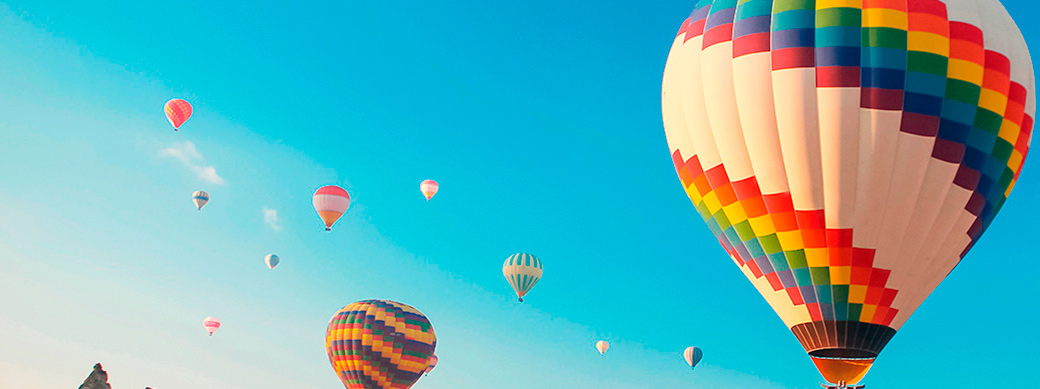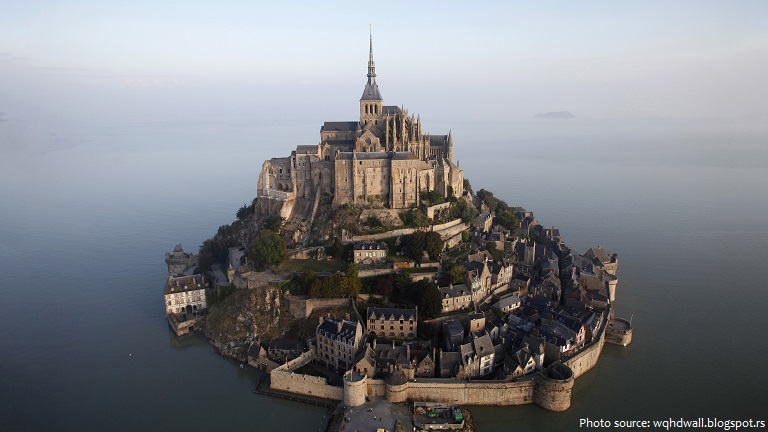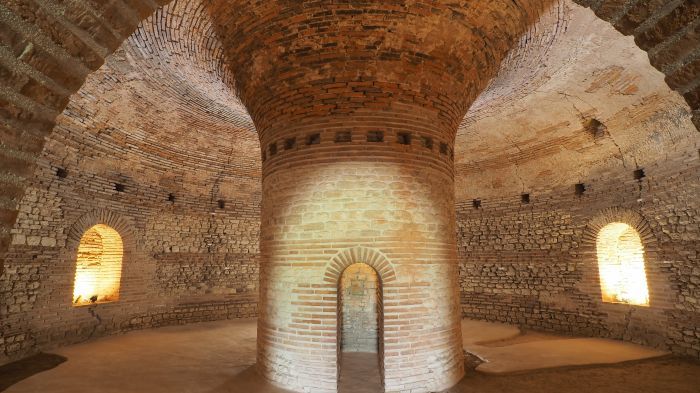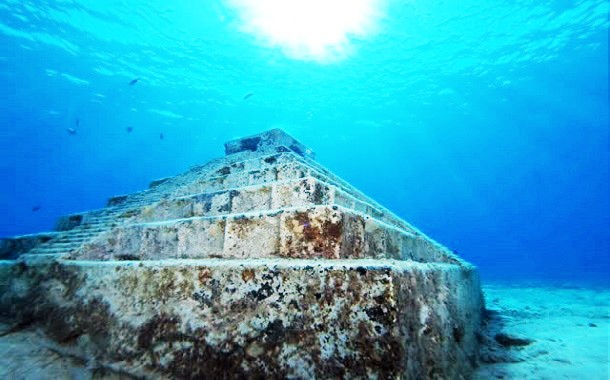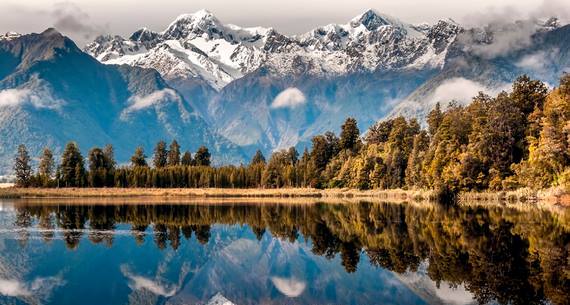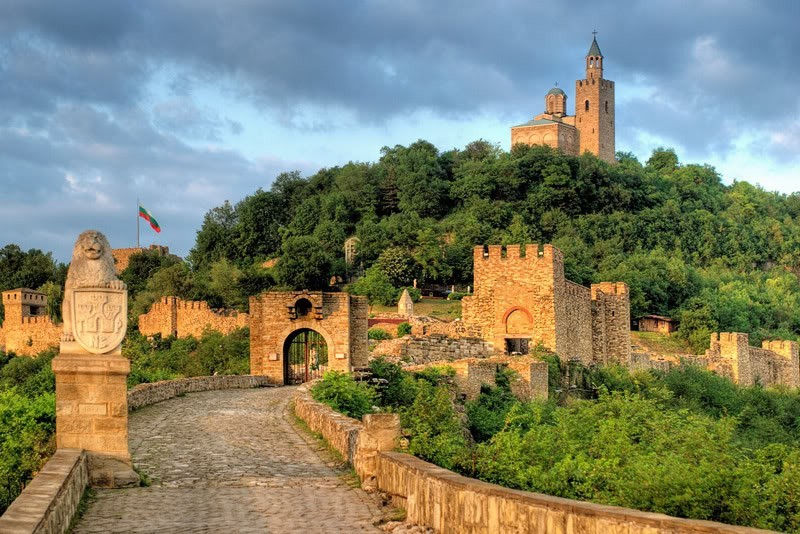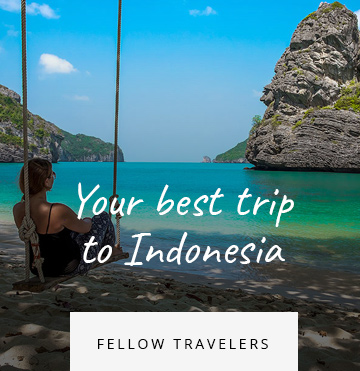New Zealand is a faraway country. There are a lot of rumors about it: the citizens eat people here, or New Zealanders live like savages, and even the ozone hole is located right above this island. And it’s useful to figure out what is true and what is still a misconception in order not to get into a trouble in a conversation with an erudite.
New Zealand is somewhere in Australia
Better not say it with the New Zealanders. Never. New Zealand is a completely independent country and consists of two islands: North and South, separated by the Strait of Cook. It’s more than 2000 km by sea from here to Australia.
New Zealand is a small country where everyone knows each other.
In fact, New Zealand surpasses the UK by area, and the country's population is almost 5 million inhabitants. And although the New Zealanders themselves say there works “the theory of two handshakes” instead of “six” as in the rest of the world, of course, everyone cannot be familiar with each other
New Zealand is full of dangerous animals
Most likely, you again thought about Australia. In New Zealand, there are no dangerous animals, except perhaps the sheep (if they suddenly frighten someone). Once on the South Island lived a huge Haast eagle, which did not shun human flesh, but this species became extinct around the 15th century.
But there are many amazing and rare animals which can not be found anywhere else in the world. For example, the kiwi bird, the unofficial symbol of the country, is a long-beard creature, unable to fly. She is nocturnal and therefore to meet kiwi in nature is not so simple. Today New Zealand has about 70,000 kiwis, but every year the population of this rare bird is declining. Another species living exclusively off the coast of New Zealand is the miniature dolphin of Hector, whose length does not exceed 1.5 m. You can recognize it by its characteristic rounded fin on the back. Alas, the Hector dolphins are also endangered. In the country, you can also find the Red-book Alpine Kea parrots, blue penguins, the lizard of the tavern (or tuatara), the New Zealand bird of Tui and the unusual cuckoo iglopee owl.
People are eaten in New Zealand
We will not deny: in the distant times of tribal wars, Maori cannibalism existed, but modern New Zealand is a modernized country. Most services, including banking, accounting, reporting and even business registration, have long been available online. It is very rare for local residents to carry cash, as almost all payments here are made by card.
The urban infrastructure is not far behind in terms of technology: it is easy to meet here “smart” public toilets, which politely greet and say goodbye to the user’s voice, automatically turn on the lights or even the music. Another example of environmental initiatives is garbage bins with a built-in compressor, powered by solar energy. Due to the automatic compressor the volume of garbage is five times less than in a normal urn!
In New Zealand, there are no wild tribes living in the jungle and waiting for not too vigilant tourists. Modern Maori representatives have adapted to Western culture and, along with other populations, live in cities or villages.
Today, this national symbol can be found almost everywhere.
New Zealanders prefer to walk without shoes
Annually, on December 2, New Zealanders celebrate the National Day of Slippers. It is believed that it was in New Zealand that this familiar and comfortable footwear was invented in 1957.
Right. This may seem strange to someone, but people walking barefoot can be found almost everywhere: in supermarkets, bars or restaurants. At first, this can cause different feelings - from surprise to rejection, but one can quickly get used to unusual features.
It is difficult to say where this habit came from, but it was laid in New Zealanders from childhood. Even in large cities it is very clean, so it never occurs to anyone that walking barefoot can catch any infection. Some are shod in houses, because they are really cold, but kiwis are resistant to cool weather: it is absolutely normal in winter to meet a man without shoes, in shorts and ... in a down jacket.
Everyone speaks English in New Zealand
Both yes and no. There are three official languages in the country: English, Maori (the national language of the indigenous people) and sign language for the deaf and dumb. However, if you think that everyone here speaks British English, you are mistaken. This is especially true of Auckland, a city of immigrants, where completely different accents are heard in speech. In addition, Kiwi and Maori use specific slang, which sometimes complicates communication between foreign travelers and local ones.
To speak like a kiwi, replace the sound e with i. So, eggs will be iggs, and six turns into sex. The phrase yeah nah can mean “maybe,” “never,” “sometimes,” “probably,” “of course,” or all of the above. Or another example: the word сhur is used for “hello”, “bye”, “cool”.
New Zealanders call themselves Kiwi
True! And this nickname does not come from the fruit of kiwi, but from the above-mentioned bird. Kiwis began to call the New Zealand military, who wore identification marks depicting birds. They first appeared on the army uniform at the beginning of the 20th century, during the Second Anglo-Boer War
Kiwi are engaged exclusively in agriculture and live on farms
Well no. Despite the fact that Europeans did come here to develop new lands, modern New Zealanders live in cities (there are 16 of them in the country) and are not much different from the inhabitants of the Old World. And even farmers with might and main use the benefits of civilization: TV, mobile phones, the Internet. You can also hear that kiwi do not work at all and sunbathe under palm trees all day long while sipping coconut water. This is certainly not the case. Just New Zealanders prefer to live in a measured way - to lead the so-called Kiwi lifestyle, which is to respect the balance between work and personal life. One of the important aspects of the Kiwi lifestyle is working in a team of like-minded people. In employment, preference will most likely be given to a candidate whose personal qualities and interests coincide with the team, they must be on the same wavelength.
Here it is customary to separate work and life - after the end of the working day, everyone goes about their business: spend time with family and friends or go to a barbecue. They generally talk little about work - often people who have been playing on the same sports team for years may not know what their playmates do. And this is completely normal. It is also normal, for example, to fish in the morning before work. And this is also part of the Kiwi lifestyle.
New Zealand is a tropical country where summer is year round.
Those who consider New Zealand to be a resort country with a hot climate are mistaken. The average annual air temperature is +10 ° С for the south and +17 ° С for the north of the country. In general, the climate is considered to be temperate - there are no severe frosts or intense heat. In the summer months (December-February), the air can warm up to +30 ° C, which pleases beach lovers. Most of the beaches of New Zealand are suitable for a relaxing holiday, and for a more active pastime. Those who want to catch a wave on the surf, you can choose the beaches of Raglan, in the west of the North Island.
The northeastern part of the North Island will appeal to fans of healing mud and thermal springs. One of the most famous and unusual beaches is Hot Water Beach, located on the Coromandel Peninsula. Often you can see people who settled in small pits with water - all because of underground hot springs that break out.
On the South Island it is better to choose the beaches in the suburb of Dunedin - they will like lovers of scenic views and a relaxing holiday. Kitesurfing in windy weather is perfect sandy beach Kiteering Beach in the national park Abel-Tasman.
In winter, the temperature on the North Island ranges from 0 ° C to +15 ° C, but rarely reaches minus values. But going to the South Island, it is better to capture warm clothes and a down jacket - in the central and southern parts, you can easily catch a minus. The coldest thing is in the mountainous regions of the South Island. In July, the average temperature can drop to –12 ° С. Comfortable minus and snow cover will delight lovers of skiing - in May you can ride on the slopes of Mount Hutt. The trails are equipped to high standards, and therefore the world stages of alpine skiing competitions are often held here.
There is an ozone hole above New Zealand.
Yes. New Zealand has high rates of skin cancer. As a rule, elderly New Zealanders with white skin are subject to it. The appearance of the ozone hole over the Antarctic is to blame for this, resulting in excessive ultraviolet radiation. And although by now the hole has become smaller, and the panic around it has subsided, you should not be in direct sunlight for a long time, you should also use a cream with a high level of SPF, wear sunglasses and a hat. Note also that the average life expectancy in New Zealand compared to other countries is quite high and is more than 81 years.
New Zealand has nothing to do
Myth. In New Zealand, there is literally something for every taste. For example, lovers of outdoor activities can be advised to go trekking, there are excellent conditions for this in the country. Passing on well-groomed paths, travelers can enjoy the views of the majestic mountains, waterfalls and lakes, forests and stretching for miles of sea coasts.
Those who prefer to spend time in the city should go to parks and gardens. A pleasant feature of almost all parks is the presence of playgrounds and barbecue areas, one of the favorite leisure activities of citizens. In the evening, there are often film screenings in the open.
But for cultural impressions it is better to go to major cities: Wellington, Auckland and Christchurch. In addition to exhibition spaces and museums, New Zealand regularly hosts music and thematic festivals, such as jazz or contemporary music.
Also, New Zealanders have an incredibly popular sport - from widespread rugby and football to badminton and tennis. We should also highlight water sports, primarily surfing, kite and windsurfing, sailing, water skiing, kayaking, diving. Fans of extreme rest will not get bored either - it is likely that kiwis compensate a measured lifestyle by adrenaline rush during skydiving, paragliding, and snowboarding. Auto and motorcycle races are also very popular: in New Zealand a lot of competitions are held in different categories - both for amateurs and professional racers. And for those who are far from extreme, the sport will be more relaxed - for example, golf. The benefit of the field for him are located near every major city.

